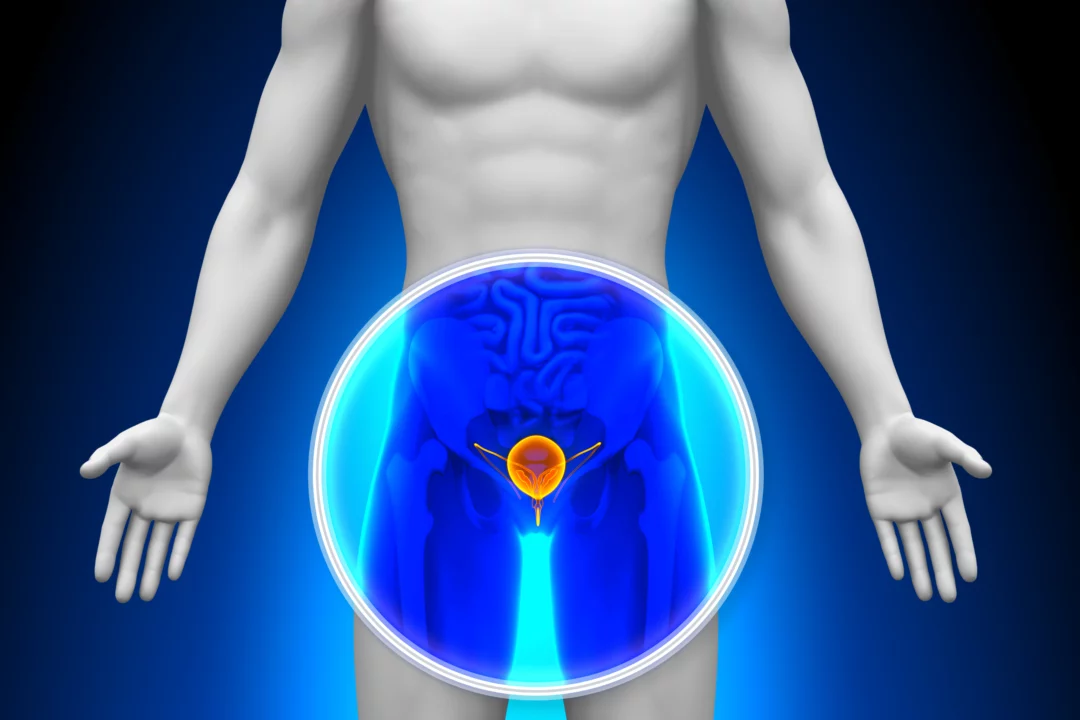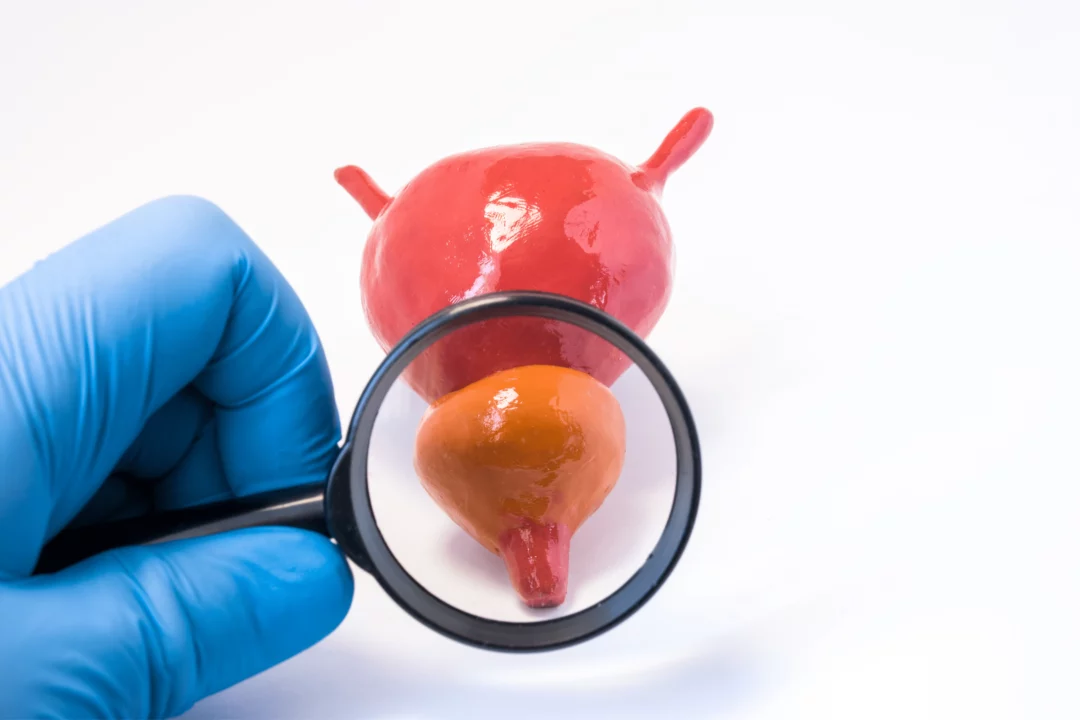
The prostate is a sensitive topic. And even though it's a health issue, most men don't like to talk about it. But it's important to talk about it, and we're not afraid to. We'll talk about how the prostate affects your health and give you advice on how to prevent problems.

The prostate gland or prostate is a gland located at the bottom of the urinary tract, below the bladder, surrounding the urethra. It produces the first component of seminal fluid, or ejaculate, whose role is to dilute sperm. The prostate is also made up of smooth muscle fibers, which allow seminal fluid to be emptied during ejaculation. Only men have the prostate, and this is from birth. Or even earlier, the prostate develops in the fetus.
Size healthy prostate in an adult man It is about the size of a walnut and weighs around 20 grams. With age, it can weigh up to 200 grams in extreme cases, which can cause significant health complications.

Around the age of 50 and later, it is common for prostate enlargesThis phenomenon is technically called benign prostatic hyperplasia, you may also encounter the abbreviation BHP. However, it can appear earlier, even from the age of 40. Half of men over the age of 60 suffer from an enlarged prostate, and even 90% over the age of 70. Of course, the problems worsen with age. However, there is no direct correlation between the size of the prostate and the problems it causes. So even a less enlarged prostate can cause more problems than a significantly enlarged one.
Enlarged prostate compresses the urethra, which causes:
Neglect can lead to repeated urinary tract infections and urine retention in the bladder and kidneys. The result can be up to kidney failure.
Men who have increased production are at greater risk of this health problem. testosterone, high blood pressure, suffers obesity, diabetes or have poor lifestyle and eating habits.

Prostate examination You definitely don't need to worry. You are not the first or the last person to be affected by this, and the doctor will definitely not "bite" you. Moreover, the prostate is examined preventively in all men over 50 years of age.
The very first thing that awaits you at the doctor's is filling out the questionnaireBased on this, an orientation examination of the prostate follows, which is performed per rectumThere is nothing to worry about. Although you may find the rectal examination uncomfortable, it is not painful and the discomfort will subside after a while. health is definitely worth itSince the prostate is easily accessible through the rectal wall, the doctor can determine by simply feeling how much it is enlarged and whether there are any irregularities on its surface. Only on the basis of this examination will the doctor decide whether further examinations are necessary.
If necessary therapy, is usually carried out with the help of alpha-blockers and 5-alpha-reductase inhibitors, which are usually very well tolerated and can be used long-term.

Better than follow-up treatment, however, is prevention, and not only for enlarged prostate. And in most cases it is the absolute basis diet.
You can avoid preserved and spicy Limit red foods. meat, dairy products and sugarOn the contrary, you can to include in the diet as much as possible fresh vegetables, fiber, vitamins B and E, zinc, pumpkin seeds and omega 3 essential fatty acids.
You can also support your drinking regimen and drink nettle tea. Better than subsequent treatment, however, is prevention, and not only for enlarged prostate. And in most cases it is the absolute basis dietIt is no different in this case.